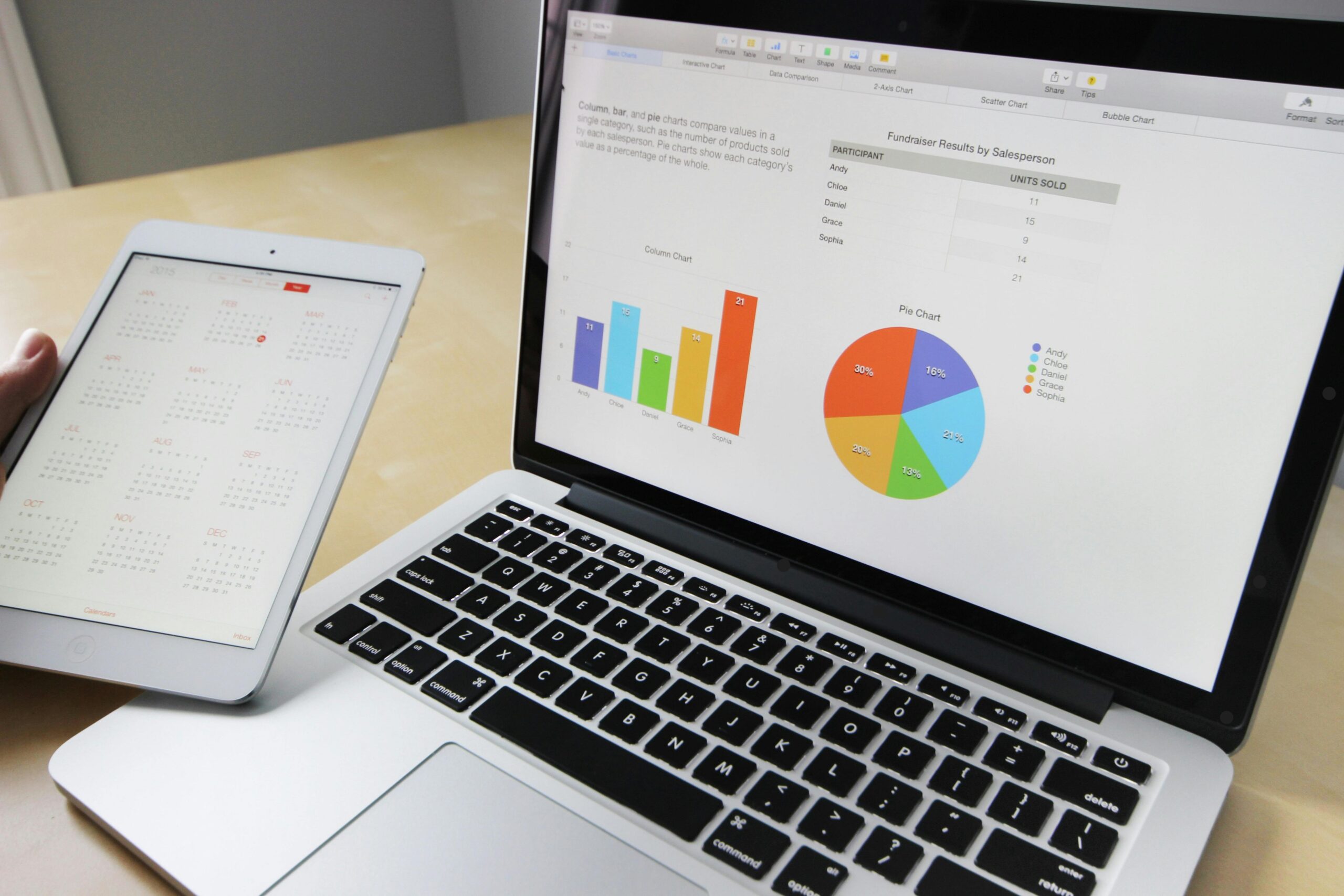In the digital age, businesses are inundated with vast amounts of data. To harness this wealth of information and convert it into revenue, companies need to leverage the power of Business Intelligence (BI) software. By transforming raw data into actionable insights, businesses can make informed decisions that drive growth and profitability. This article delves into the top business intelligence software that can help you transform your data into revenue.
Why Business Intelligence Software is Essential
Business Intelligence software is pivotal for organizations aiming to stay competitive. It provides tools that help in data analysis, visualization, and reporting, making it easier to understand trends and patterns. This understanding is crucial for making strategic decisions that can enhance operational efficiency and boost revenue.
Key Benefits of Using Business Intelligence Software
- Data Consolidation: BI tools consolidate data from various sources, providing a unified view of the business.
- Enhanced Decision Making: By providing real-time insights, BI software helps in making data-driven decisions.
- Increased Efficiency: Automation of data processing tasks saves time and reduces errors.
- Competitive Advantage: Access to detailed analytics can help businesses stay ahead of the competition.
Top Business Intelligence Software to Transform Your Data into Revenue
Choosing the right BI software can significantly impact your business’s ability to convert data into revenue. Here are some of the top options available:
1. Tableau
Tableau is renowned for its powerful data visualization capabilities. It allows users to create interactive and shareable dashboards, making it easier to analyze and understand complex data. Tableau supports a wide range of data sources and integrates seamlessly with existing systems.
2. Power BI
Developed by Microsoft, Power BI is a robust tool that offers extensive data connectivity and modeling capabilities. Its integration with Microsoft Office Suite makes it a convenient choice for businesses already using these products. Power BI’s advanced analytics features, such as predictive analytics and AI-driven insights, help transform raw data into valuable business intelligence.
3. Qlik Sense
Qlik Sense provides self-service data analytics and visualization, enabling users to create their own reports and dashboards. Its associative data model allows for comprehensive data exploration, uncovering hidden trends and insights that can drive revenue growth.
4. Looker
Looker, now part of Google Cloud, offers a data platform that allows for in-depth analysis and visualization. It excels in integrating with cloud data warehouses and provides a user-friendly interface for creating customized reports and dashboards.
5. Domo
Domo is a cloud-based BI solution that combines data integration, BI, and analytics into a single platform. Its real-time data visualization and extensive connector library make it a versatile tool for businesses of all sizes.
How to Choose the Right Business Intelligence Software
Selecting the right BI software depends on various factors, including your business size, data complexity, and specific needs. Here are some tips to help you make the right choice:
Assess Your Business Needs
Identify the specific problems you want to solve with BI software. Whether it’s improving sales performance, enhancing customer insights, or optimizing operations, having clear objectives will guide your selection process.
Evaluate Data Sources and Integration
Ensure that the BI tool you choose can connect to your existing data sources and systems. Seamless integration is crucial for consolidating data and gaining a unified view of your business.
Consider Ease of Use
A user-friendly interface is essential for maximizing the adoption and effectiveness of BI software. Choose a tool that offers intuitive features and requires minimal training for your team.
Scalability and Flexibility
As your business grows, your data needs will evolve. Select a BI solution that can scale with your business and offer the flexibility to adapt to changing requirements.
Budget and ROI
Evaluate the cost of the BI software against the potential return on investment (ROI). Consider both the initial setup costs and ongoing expenses, such as licensing and maintenance fees.
Conclusion
Transforming your data into revenue is a strategic imperative in today’s data-driven business environment. By leveraging top business intelligence software like Tableau, Power BI, Qlik Sense, Looker, and Domo, you can gain actionable insights that drive growth and profitability. The right BI tool will help you make informed decisions, optimize operations, and maintain a competitive edge in the market.
Frequently Asked Questions (FAQ)
What is Business Intelligence Software?
Business Intelligence software is a technology-driven process that analyzes data and presents actionable information to help executives, managers, and other corporate end users make informed business decisions.
How Can BI Software Transform Data into Revenue?
BI software provides insights into various aspects of business operations, customer behavior, and market trends. These insights help businesses optimize processes, improve customer experiences, and identify new revenue opportunities.
Is Business Intelligence Software Suitable for Small Businesses?
Yes, there are BI solutions tailored for small businesses that are cost-effective and easy to implement. These tools help small businesses gain insights into their operations and make data-driven decisions.
What Are the Key Features to Look for in BI Software?
Key features to look for include data connectivity, real-time analytics, data visualization, user-friendliness, scalability, and integration capabilities with existing systems.
How Much Does Business Intelligence Software Cost?
The cost of BI software varies widely depending on the features, deployment method (cloud or on-premise), and the size of the business. It’s important to evaluate the ROI when considering the cost of a BI solution.
By carefully selecting the right BI software and effectively utilizing its features, businesses can unlock the potential of their data, driving significant revenue growth and maintaining a competitive edge in the market.



